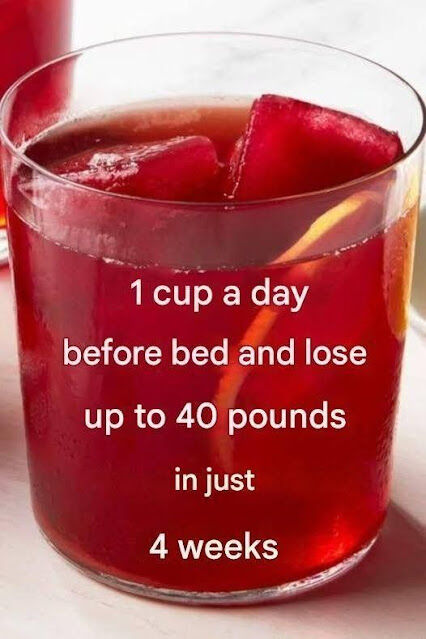Losing 5.5 kilograms, or 12 pounds, in just three days might sound incredibly appealing to anyone eager for fast weight loss results, especially before a big event or vacation. However, while the promise of such rapid change can be tempting, it’s important to understand how this kind of extreme weight loss actually happens and why it poses serious risks to your health.

Although it might seem like a shortcut to your goals, losing that much weight in such a short period is not only unsustainable but also potentially dangerous. First, let’s break down how people manage to drop this kind of weight so quickly. One of the most common methods is severe caloric restriction, where individuals consume as little as 500 to 800 calories a day. This drastically low intake forces the body to rely on stored energy, pulling from glycogen, fat, and muscle. However, much of the initial weight loss comes from water and glycogen, not actual fat, which means the results are temporary. Another approach is extreme dieting, such as juice cleanses or detox plans, where people replace meals with liquids like tea or broth.
While these plans may cause quick weight loss by slashing calories and eliminating solid foods, they offer little in terms of nutrients and do nothing to “detox” your body, which is something your liver and kidneys already handle naturally. People also turn to diuretics or manipulate water intake to lose weight quickly. Cutting sodium or using products that flush water from the body can make the number on the scale go down, but this is not true fat loss and can result in dehydration, dizziness, or electrolyte imbalances. Similarly, some rely on laxatives, enemas, or colon cleanses to empty the digestive tract.
This method may make you feel lighter temporarily, but it depletes water, disrupts gut health, and can lead to nutrient deficiencies. A more intense version of this weight-loss approach is combining hardcore exercise routines with very low-calorie diets. People might spend hours doing cardio while eating very little, which pushes the body into a severe caloric deficit. While this might burn calories quickly, it also leads to exhaustion, increased injury risk, and long-term damage to the metabolism. Now, let’s talk about why dropping 5.5 kg in three days is unsafe. First, most of the weight lost is not from fat, but from water and glycogen, and in some cases, muscle. True fat loss takes time, consistency, and a proper balance of nutrition and physical activity.
Extreme diets often lack essential nutrients like protein, healthy fats, vitamins, and minerals, which can lead to a weakened immune system, poor energy levels, and impaired organ function. Without enough calories and protein, the body may begin to break down muscle tissue for energy, leading to muscle loss that not only affects strength but also slows down your metabolism. Rapid calorie cutting also puts your body into a survival mode known as “starvation mode,” which causes your metabolism to slow in an effort to conserve energy, making future weight loss even harder. Additionally, rapid weight loss methods frequently result in dehydration, which can lead to headaches, fatigue, kidney stress, and in extreme cases, heatstroke. Beyond the physical effects, there’s also a significant mental and emotional toll. Crash diets can cause irritability, food obsession, and even trigger binge-eating or disordered eating behaviors. Most importantly, these results aren’t built to last. When you return to normal eating, your body regains water, glycogen, and fat, often leading to a frustrating rebound effect where you gain the weight back quickly. Fortunately, there are safer and more effective ways to achieve sustainable weight loss. Start with a balanced diet filled with whole foods like fruits, vegetables, lean proteins, whole grains, and healthy fats while cutting back on processed foods. Create a moderate caloric deficit by eating about 500–750 fewer calories per day to aim for losing 1–2 pounds per week, which is both safe and realistic. Drink plenty of water to stay hydrated and support your metabolism. Incorporate regular exercise, combining strength training and cardio to build lean muscle and burn calories efficiently. Don’t underestimate the importance of quality sleep and managing stress, as both can impact hormones that control hunger and weight. Most importantly, be patient and consistent. Real, lasting change doesn’t happen overnight, but with steady habits and commitment, you can achieve and maintain your goals without putting your health at risk.





